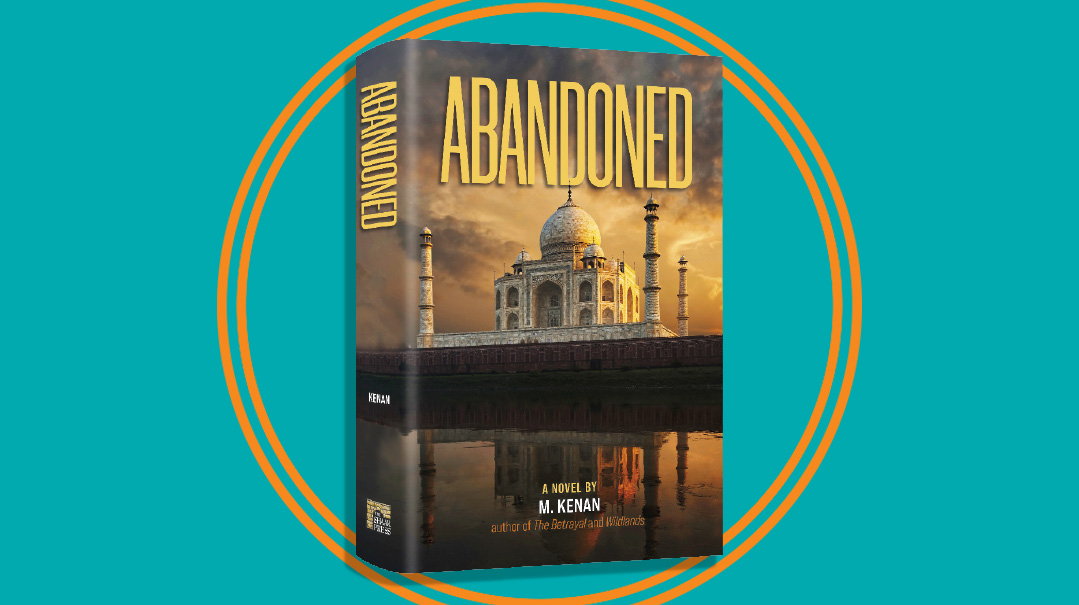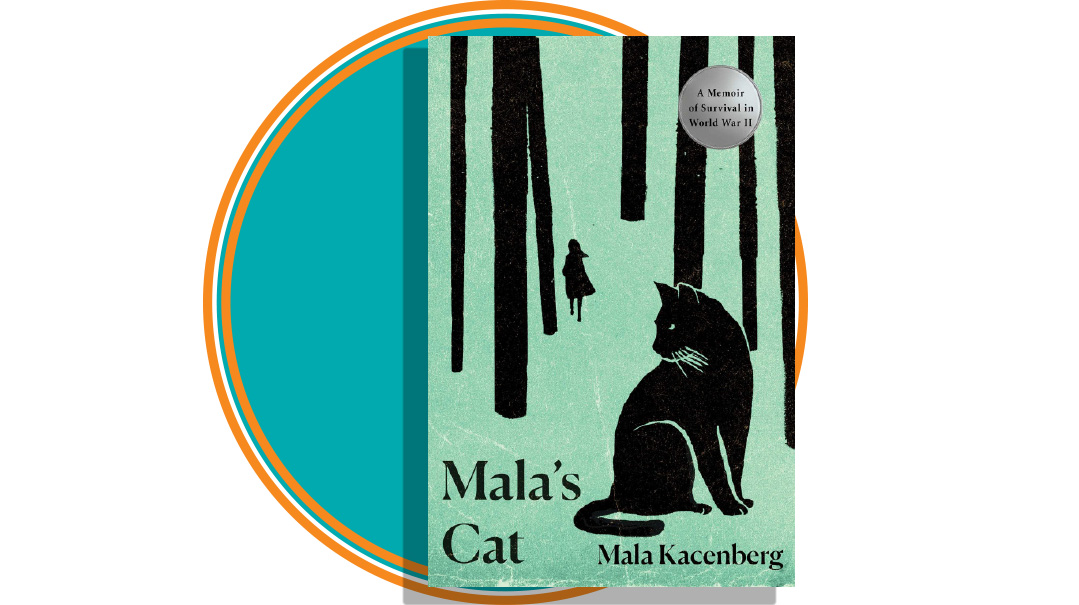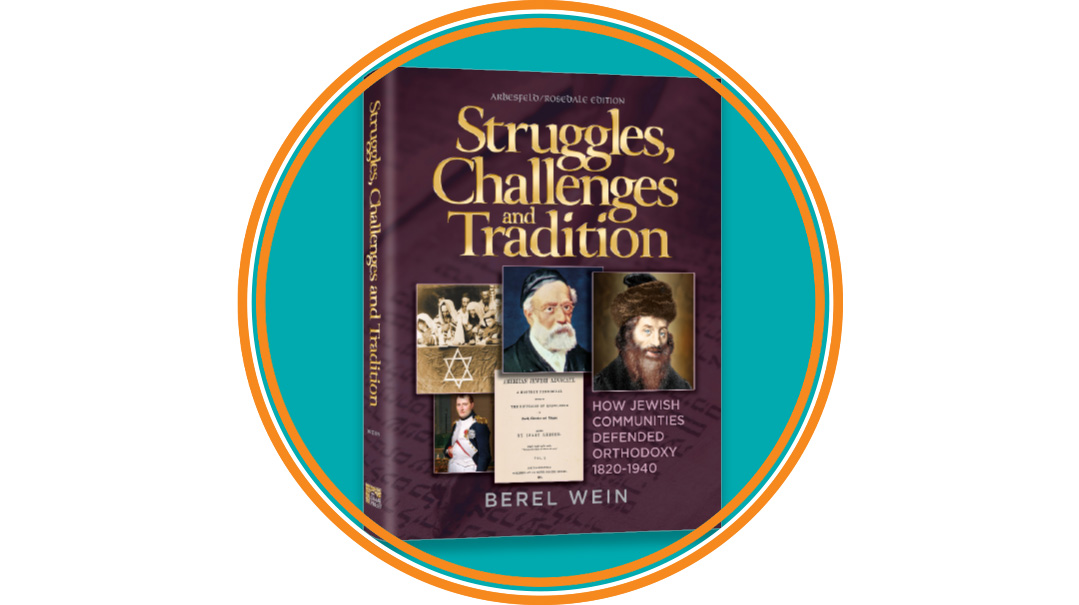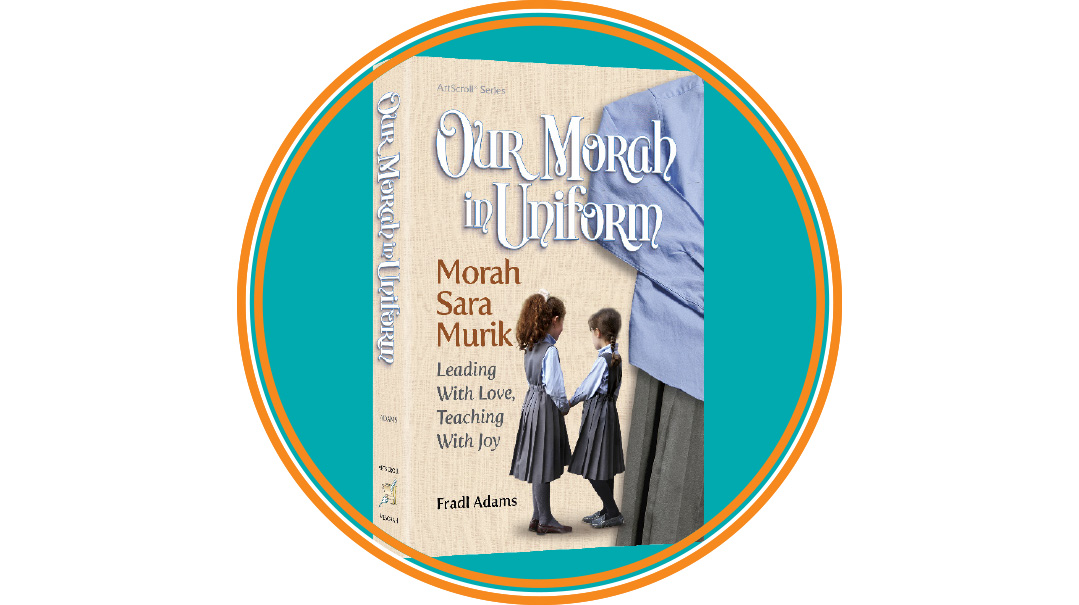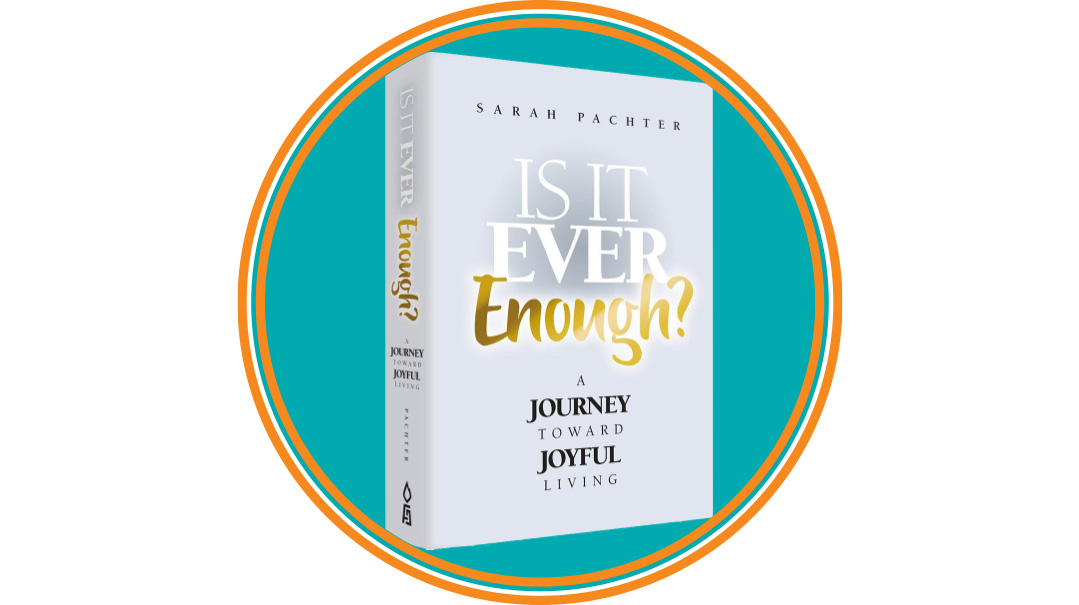Meeting Elijah
| March 23, 2021Some people have asked me, “Aren’t these just Hashgachah pratis stories?” They certainly are, but they’re a particular type of story
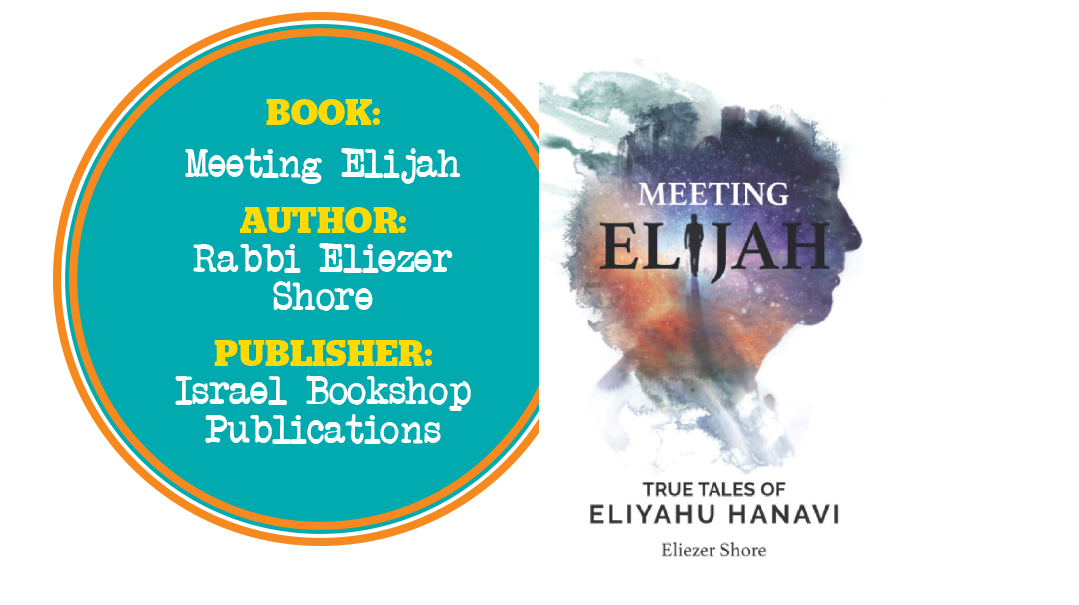
Book: Meeting Elijah
Author: Rabbi Eliezer Shore
Publisher: Israel Bookshop Publications
How it all began
Many years ago, when I was a yeshivah bochur, I had several amazing and mysterious encounters in moments of personal crisis. When, in my late thirties, I started teaching in colleges and yeshivos, I began to tell these stories to my students. Invariably, someone would say, “Oh, I also have a story.” The same happened at our Shabbos table.
The birth of this book
At a certain point, I decided to collate these stories in a book. The turning point came when I actually set aside a few hours each morning to write. Then things started to flow, both in terms of productivity and in terms of the stories I was hearing.
Early on, I sent a manuscript of about 30 stories to a Jewish publisher for consideration. They liked it, but told me that I would need a lot more. Miraculously, within a few months, I had almost 60 stories.
Once, I was driving home from a school where I teach and offered a ride to a young man studying there. I said to him, “If I’m giving you a lift, you have to tell me a story.” He told me the story “ICQ,” which is one of my favorites in the book. Later, when I sent him a copy as a gift, he wrote back to me, “Thank you for helping me to see the Hashgachah pratis in my own life.
Serendipitous encounter
I once heard that Rav Shlomo Wolbe z”l had an “Elijah” encounter when he was young, but I couldn’t get any of the details. How am I ever going to find that story? I wondered. A couple weeks later, I was sitting in the back of a beis medrash writing, and there was a young man working at a laptop at the table next to me. We started talking, and he told me he was writing the official biography of Rav Wolbe. I asked him if he knew the story, and he retold it with full detail. I’m not allowed to publish it in English until the Hebrew version of the biography comes out first, but at least I’ve found it.
The hardest part
I loved imagining the lives and experiences of the various characters, so writing the stories wasn’t hard. What was time-consuming was ensuring that the stories were accurate. Often, when I sent a draft of the story to the person I had heard it from, they wrote back, correcting it. We could go back and forth several times. For many people, these stories are as precious as family heirlooms. It was so important to get all the details correct.
Significance of the title
Some people have asked me, “Aren’t these just Hashgachah pratis stories?” They certainly are, but they’re a particular type of story. All of them involve a mysterious encounter with another person, some of which are truly inexplicable. They felt like an encounter with Eliyahu Hanavi, so I found that title captured it best.
An early experience that taught me the power of writing
There are times when I write a story and get so involved with the characters that I become very emotional. Once, years ago, a reader said to me, “I cried when I read that story.” And I answered, “Well, I cried when I wrote it!”
Advice I’d give my younger writing self
Write simpler, from the heart, don’t show off or try to be pretentious.
The best investment I made as a writer
Buying a really good laptop. When I was younger, I used to skimp and get lower-end models. It was never worth it because they didn’t last long. Now, I get the highest-end model, and I’m happy for several years. A person has to have the tools of his craft readily at hand. I heard that Rav Ovadiah Yosef ztz”l used to have an entire drawer filled with pens, so he should never be at a loss if he had to write down a chiddush.
Your writing space
I have a small office where I work, but I prefer to write in public places. I love sitting in the back of a beis medrash and hearing the kol Torah, or, l’havdil, sitting in some Jerusalem coffee shop, with all the ambient noise. It’s hard for me to work alone, in quiet.
Writings that have been an integral part of my journey as a writer
I was influenced, early on, by a writer named Loren Eiseley. He was a science writer who wrote about the natural world in the most amazing way. He brought deep humanity and pathos into even the most technical discussions. He didn’t write about science, but about life through the lens of science. In the articles I’ve written on Torah, I try to do the same. Not to write about Torah, but to write about life through the lens of Torah.
Storytelling Secrets
I consider myself more of a storyteller than a writer. In fact, I teach a college course for Jewish educators on storytelling as a teaching tool. I try to write with the same approach: simple and direct. That said, I teach my students that in order to make a story truly engaging, it’s never enough to just relate the events, you have to get into the thoughts and feelings of the characters, and convey them through words, gestures, expressions. When I write, I try to convey my characters’ inner world in words.
Takeaways
A sense of wonder. Even when we turn to Torah for answers to life, we need to realize that we can never understand everything. Life is inexplicable, and Hashem’s ways are ultimately mysterious.
(Originally featured in Family First, Issue 736)
Oops! We could not locate your form.


